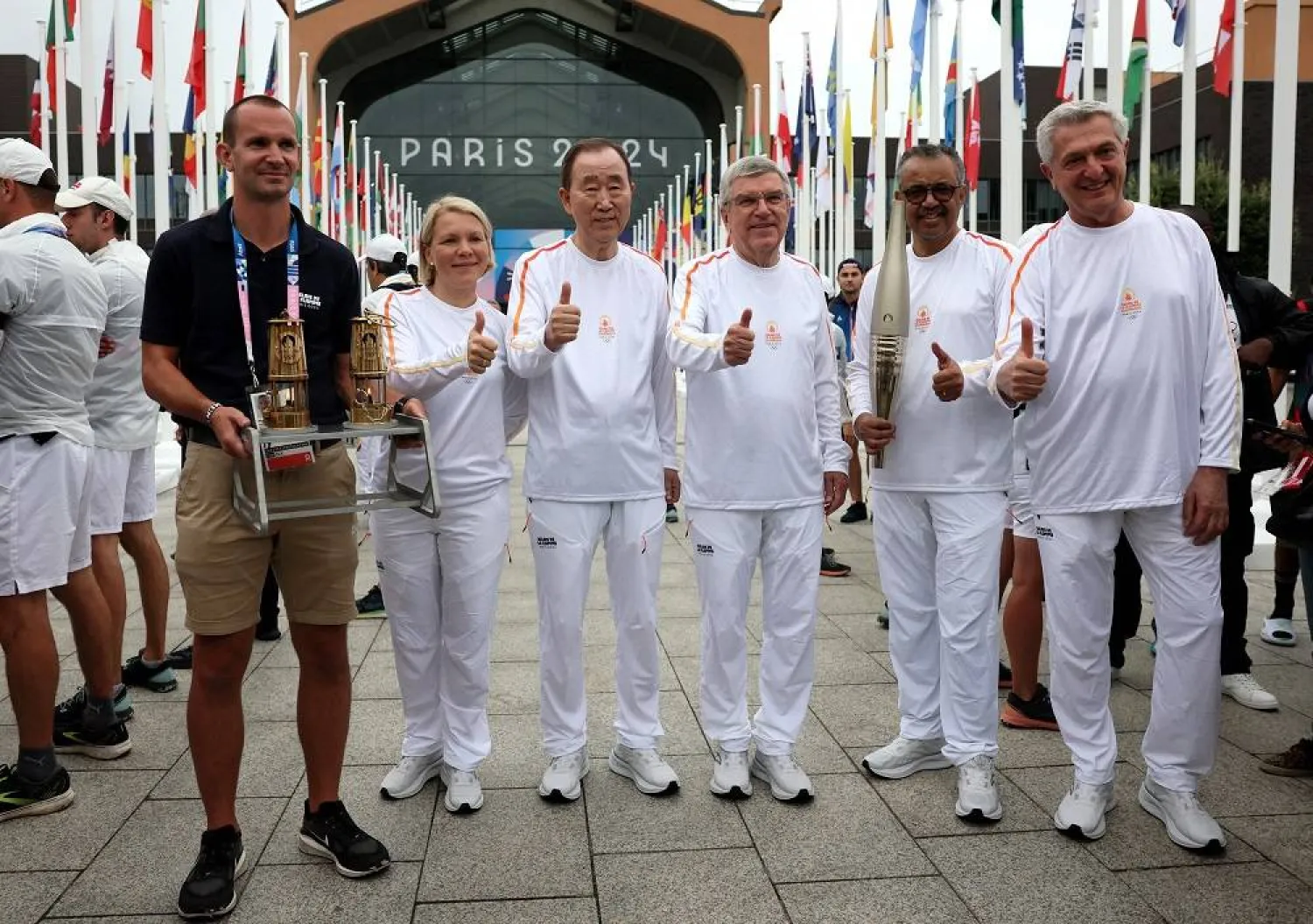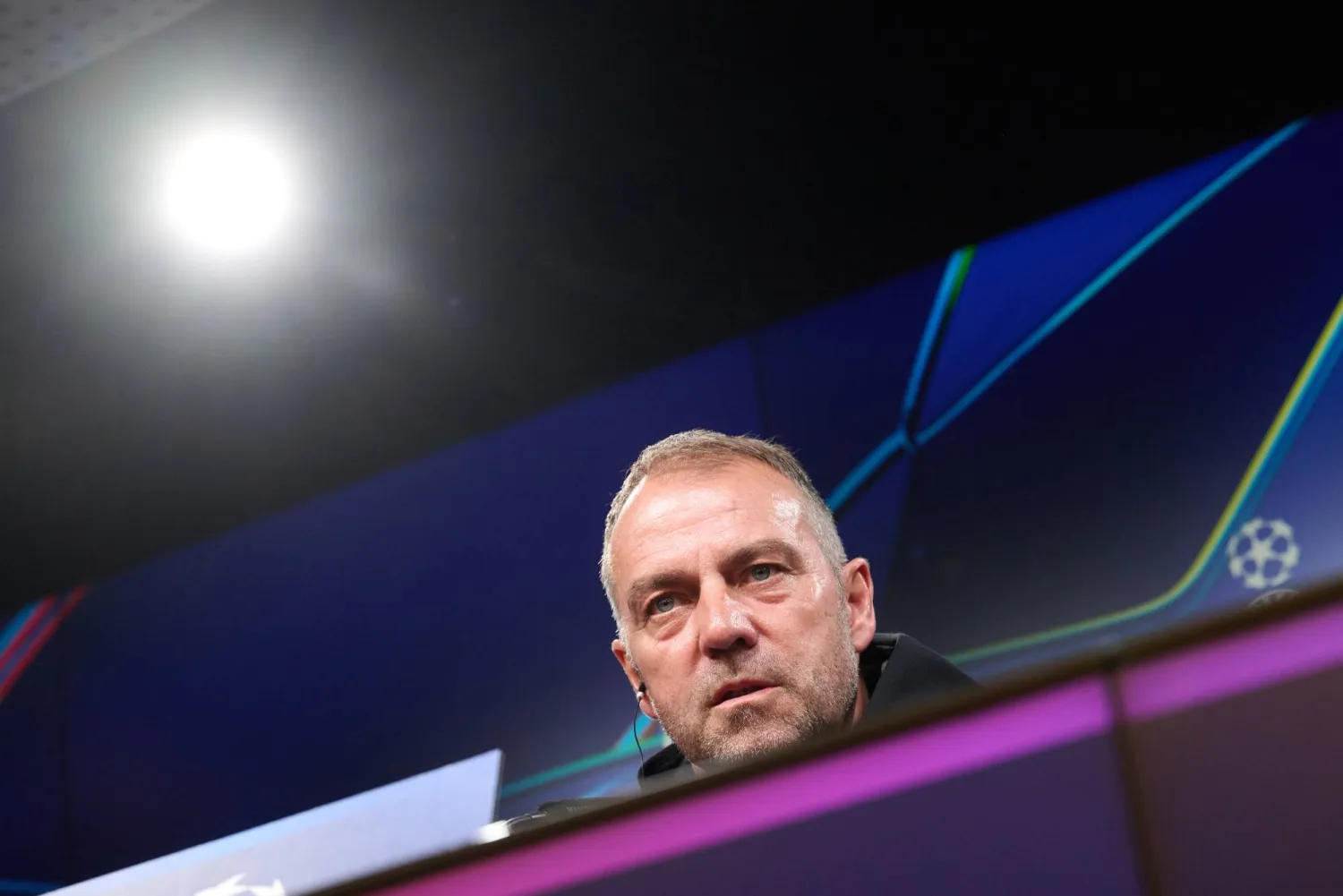With medals made of iron salvaged from Eiffel Tower refurbishments and stadium seating of recycled plastic, Paris 2024 aims to be the greenest Olympics yet.
The case for action is clear as scientists have said intense heat linked to man-made carbon emissions is a growing risk to competitors at the world's largest sporting event and beyond.
Paris 2024 has pledged to reduce its carbon emissions by half compared to the average emitted during the London and Rio Summer Games.
Here are some of Paris 2024's efforts towards meeting that goal.
CONSTRUCTION
For many people, Olympic stadiums such as Rio's Olympic Aquatic Centre that have failed to find a purpose after the Games symbolize extravagance.
Paris 2024 has sought to minimize new construction.
Almost all venues use existing or temporary sites, often relying on the city's landmarks as backdrops.
Organizers say the replacement of concrete with low carbon building materials, including sustainably-sourced wood, will reduce the Olympic Village's emissions by 30% compared to what the organizers referred to as conventional projects without giving details.
Permanent infrastructure accounted for 73% of the estimated 467,000 metric tons of carbon emissions generated by the Olympic Games between 2018 and 2023.
In addition, 11,000 seats at the only two purpose-built arenas for Paris 2024 are made out of recycled plastic.
TRANSPORT
Along with construction, transport is expected to be one of the biggest sources of emissions during the Games.
Organizers have said they will use low-carbon vehicles to ferry around athletes and official visitors and that all venues are accessible by bike, foot or public transport.
However, Paris is not tackling the emissions generated by spectators travelling to the Games - such emissions made up almost a third (28%) of the 3.3 million metric tons of carbon emitted by the London 2012 Games.
RENEWABLE POWER
Paris 2024 has said its venues will use renewable energy sources via the grid, rather than the diesel-powered generators often used at sporting venues.
Some 5,000 meters squared of solar panels have been installed on the roof of the Aquatics Center and Olympic Village, and a 400-meter squared floating solar farm set up on the River Seine.
Meanwhile, the Olympic Village has a cooling system that draws water from underground rather than air conditioning.
State-owned utility EDF told Reuters it would provide guarantees of origin to link the energy used by the Games to six wind and two solar production sites in France.
CARBON OFFSETS
To make up for the some of the emissions that are not being avoided, notably spectator air travel, Paris 2024 has purchased 1.3 million carbon credits. Each credit represents one ton of emissions reduced or removed elsewhere - from projects protecting biodiversity-rich forests in Kenya and Guatemala and improving access to clean cooking in Kenya, Nigeria and the Democratic Republic of Congo.
Organizers are also spending 600,000 euros ($651,720.00) on four forestry projects in France to sequester 14,500 tons of greenhouse gases.
Although carbon credits can channel money to climate-friendly projects, often in the Global South, some credit-generating projects have been scrutinized over false claims about the benefits they deliver.
Paris 2024 had positioned itself as the first climate-positive Games in reference to plans to remove, reduce or offset more emissions than it generates. It has since dropped such claims, pledging instead to reduce its climate impact and support climate projects.









